ARTICLE AD BOX
Despite the extremely high level of support for the war in Israeli society, some Israelis advocate peace and condemn their government
For more than 115 days Israel has been fighting in Gaza, in a bid to free its 136 hostages and destroy Hamas, the Islamic militant organization responsible for the October 7 massacre that claimed the lives of more than 1,200 Israelis.
So far, over 26,000 Palestinians have died in the relentless Israeli shelling. Thousands more have been injured. Israel is facing strong international pressure to end the war, but officials in Jerusalem are refusing to budge, while a recent poll indicated that 87% of Israeli Jews support the operation and want it to continue.
Yet, there are also those who refuse to follow the majority view. RT spoke to two representatives of the so-called anti-war bloc, which is calling for an end to Israel’s occupation. Gaia Dan is a 23-year-old Jewish student originally from Haifa in northern Israel. Dr. Salim Abbas is an Arab geologist. Both are concerned about the route Israel is taking, and have been resorting to demonstrations to change the reality.
‘There is no justification for the murdering of innocent civilians’
RT: First of all, how did the events of October 7 impact you? What was your reaction?
Read more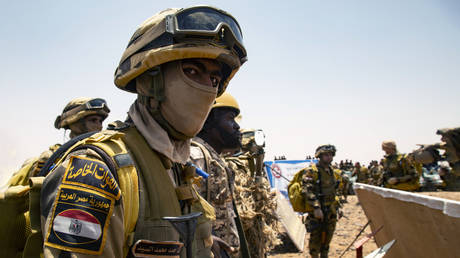 Bloody red line: Israel risks dragging another Arab country into war
Bloody red line: Israel risks dragging another Arab country into war
Dan: I was at my place in Be’er Sheba, where I am renting an apartment for my studies. I had just come back from Canada and I was really sick. Suddenly the alarms went off and I was too sick and confused to understand what was going on. Only after two hours of alarms did I realize what was happening and went down to the neighborhood shelter. At the time they said there was an infiltration of terrorists... no one in my vicinity understood the magnitude of the incident. The next day I returned to Haifa and started to slowly realize what had actually occurred. At that moment what I felt was mainly great pain. We knew it would happen someday, because there is a limit to how much you can belittle and how arrogant you can be when it comes to Gaza, but the pain was enormous, the pain for the innocents who died and those who would die later.
Abbas: The events of October 7 surprised us all, and especially me, I did not believe that Palestinian freedom fighters could commit such atrocities and descend to such a disgusting and painful level as the behavior of the occupation army and the fascist settlers. I believed in a just struggle of an entire people living under continuous humiliation, oppression and murder but there is no justification for the murdering of innocent civilians.
On October 7, I was on my way to a Palestinian village in the occupied territories (near Qalqilya), where we were supposed to pick olives with Jewish friends. But the news did not stop pouring in. Even now, with after more than 105 days, the magnitude of the tragedy and the failure – due to which I lost good friends, and some are still kidnapped – have not been determined yet.
’This is pure revenge’
RT: What promoted you to take this path of demonstrating against the war?
Dan: When October 7 happened, I was in no hurry to leave the house with chants of protest. I believed there was still a chance for negotiations. But as time passed, and the bodies in Gaza piled up, I realized that it is not in our culture to negotiate; we only understand the militant language. They slaughtered us so we will slaughter them back. This is pure revenge.
But I’m not ready for them to act on my behalf. I am not ready for them to ignore the big picture of why the events of October 7 took place. I’m not ready for people to be massacred, or settlements inside our outside the Green Line to be erected. Not ready for them to lie that what they are doing is for our security.
Plus, I have an aversion to people who sit on the sidelines and are ready to watch the world burn. I don’t have this privilege.
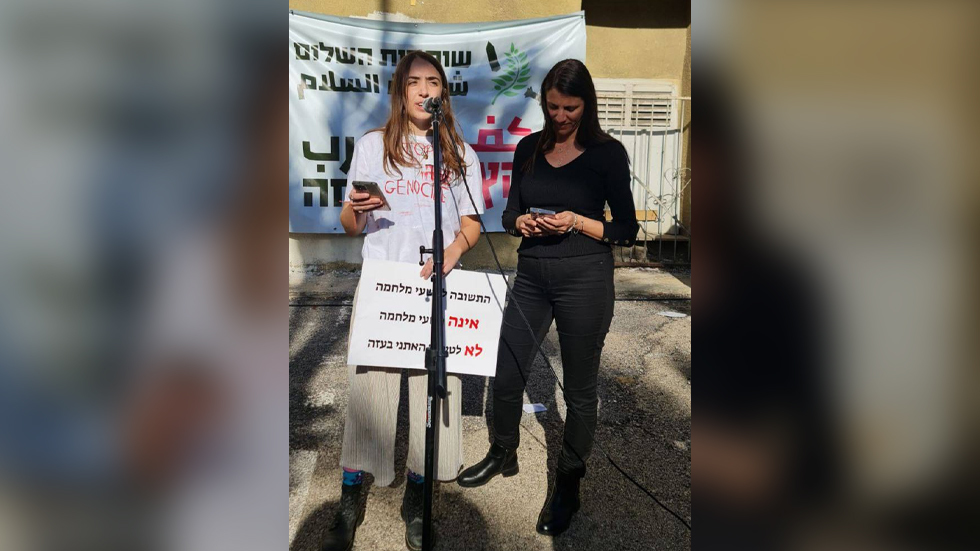 Gaia Dan, anti-war activist participating in a demonstration demanding the end of the operation in Gaza. Haifa, January, 20.
Gaia Dan, anti-war activist participating in a demonstration demanding the end of the operation in Gaza. Haifa, January, 20.
Abbas: I am a social activist and coordinator of a group of citizens against crime, which brought me to be at the heart of the current storm... I am not used to sitting on the fence as a citizen. What has been happening in recent years, the madness and the destruction caused by the fascist right-wing government hurts me. So as a citizen who has a dream and a vision for a reformed and equal democratic state for all its citizens, I wanted to act. This impulse comes from my parents, who were born in an uprooted village called Maalul (5km west of Nazareth), and I decided to go in the footsteps of my father, pursuing the just struggle that he fought for all his life. I have hope and optimism that it is possible to bring change for the better, that it is possible to build a reformed state that strives to live next to an independent Palestinian state, in peace.
’We can only dream of raising the flag of Palestine’
RT: How freely can you actually protest? We are not seeing these protests that often...
Dan: Even before October 7 it was difficult to demonstrate. It was tough to raise Palestinian flags. We made countless attempts to do so during protests, but it all boiled down to the mood of the police officers. Sometimes our flags were taken away, sometimes we were arrested. Sometimes they were less violent and sometimes more. But we did manage to negotiate and even reach some understandings with the police – for example small Palestinian flags were indeed allowed.
Then came October 7, and now we can only dream of raising the flag of Palestine. Any attempt to demonstrate against the war is brutally dismantled, whether it is in Tel Aviv, Jerusalem or Haifa. Gagging is everywhere. They tell you that the war is justified, that Israel didn’t have a choice. When you try to protest against it, you become a traitor, a bad Jew or an anti-Semite. Your opinions become irrelevant.
Read more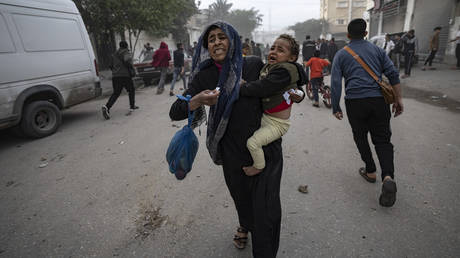 ‘Israel is killing us without mercy’: As the fighting in Gaza continues, civilians are starting to lose hope
‘Israel is killing us without mercy’: As the fighting in Gaza continues, civilians are starting to lose hope
On Saturday we staged a demonstration after going through the High Court of Justice. There, too, the police were present. They checked each of our banners. Such words as “Massacre” or “Palestine” serve as a trigger for them, and prompt them to act violently. So we constantly need to think in what language and what exactly we will write on our banners so that they don’t take them away from us.
Police violence is a big problem for us, simply because people don’t want to leave the house, fearing they will be arrested or beaten up. Another issue is that the police remember you so if you happen to be a prominent activist in Haifa, you end up living with a constant feeling of political persecution. It frightens people, so this intimidation works.
Abbas: It has always been problematic to demonstrate against the occupation and its injustices, but in recent months the situation has worsened in the face of the political persecution of Arab and Jewish activists and the prohibition of demonstrations and protests against the massacre and the extermination of the people of Gaza.
We are facing more and more restrictions through the threats of the police and the Shin Ben [Israel’s internal security agency - ed.] – something that I have experienced myself. I can say that for the first time I felt fear and despair, something that brought me back to the period of martial law that was imposed on the Arab community within the country [from 1949 till 1966 - ed.], a period which included suppression, arrests and political persecution. Yet, these things only prompt us to go on and swim against the current. They make us strengthen our humane position against a mentality that sanctifies the horrific circle of blood.
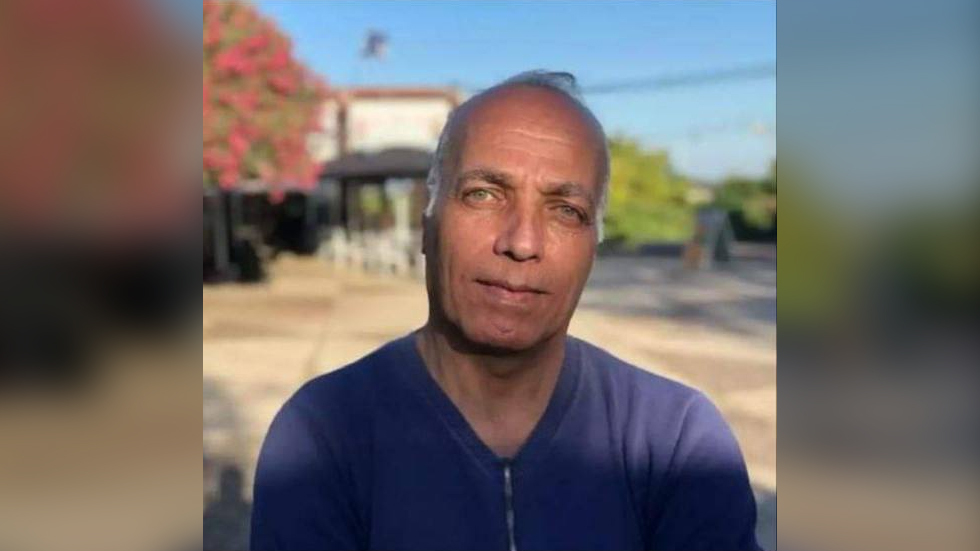 Salim Abbas, a Palestinian anti-war activist.
Salim Abbas, a Palestinian anti-war activist.
’Israel wants its citizens to be violent’
RT: Israel prides itself on its flourishing mass media that provides a platform for all opinions. Would you agree with this? And what do you think of Israel’s education system and the set of values it gives?
Dan: Only two local media outlets gave me the platform to express myself – Sikha Mekomit and Haaretz. Others don’t invite me. The media is mobilized for the war effort. We are being hidden because they don’t want to show that there are other options. They don’t want to show that people like me exist.
They are talking about the de-Nazification of Gaza but what about de-Nazification here? Listen to how people here are talking, they are calling for mass extermination, and this is exactly what they see in the news.
As for our education system. Israeli society is militant because we are in the mindset that everyone wants to kill us. People grow up on this ideology, in schools they pump you the narrative that everyone is against you so it gives you an existential dread.
We are a society where the discourse is violent. Your success in life is measured by what you did during your military service, and how combative you were. Israel wants its citizens to be violent. Of course, I can blame the education system and the media for the current mess, but the truth is that they are only tools in the hands of the government.
Abbas: State media tries to ignore the sane voice that fights for peace, equality and social justice for all citizens.
As for education, the problem is that the majority of Israeli society is militant. It comes from an education that is built on a militaristic mentality that raises generations of fighting machines and not normal human beings. This mentality is based on fear and terror while cynically exploiting the issue of the Holocaust and the concentration camps. It can thereby turn the young people into murder and hatred machines for anyone who opposes their spirit.
Read more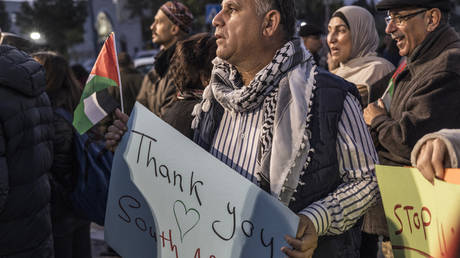 Here’s why the ICJ ruling on genocide is a crushing defeat for Israel
Here’s why the ICJ ruling on genocide is a crushing defeat for Israel
’Victims of Hamas have become the fig leaf of the Israeli occupation’
RT: Do you think the events of October 7 changed things for the worse?
Dan: I think that every incident of terror or violent resistance in which innocent people are involved changes Israeli society for the worse. What happened on October 7 was not an exception. Just like violent acts before, it brought out the demons in 90 percent of Israelis including in those who were initially supportive of peaceful solutions to the conflict, and following the events ditched that path.
Abbas: Such events always succeed in changing Israeli society for the worse because most of the citizens are led as a herd and the establishment media concentrates all its efforts in transmitting disinformation in favor of the government which has failed in the simplest task: to secure its own citizens. Let’s not forget that similar events on a smaller scale – such as Hamas’ suicide attacks from 1996 onwards – led to the radicalization of Israeli public opinion and resulted in the right-wing government and Bibi’s Likud coming to power [reference to Prime Minister Benjamin Netanyahu - ed.].
Unfortunately, the victims of Hamas have become the fig leaf of the Israeli occupation. They are now used by the Israeli government to incite the world public opinion and divert it from the daily injustices of the occupation.
’Salvation will not come from the Jews’
RT: Do you think a change is possible? What needs to happen for it to occur?
Dan: I do believe in change but for it to take place, it requires a reset of Israeli society as we know it. It requires us ditching the notion of a Jewish and democratic state because if you define yourself as Jewish, you cannot be democratic towards non-Jews; and it requires a lot of international pressure that will force Israel to reach a compromise.
For me, one thing is certain: salvation will not come from the Jews, the ones who will eventually end the occupation and bring about a revolution will be the Palestinian people themselves. What I can do as a Jew is to spur it on, speed it up and push it in every possible way as I am doing now.
Abbas: I do believe that the situation will change for the better despite the difficulty and madness that rages around us.
The road is still long but what prompts me and my partners in this struggle is the belief that we are fighting for future generations, for the sake of young men and women who deserve a bright and just future.
It seems that many things need to be done for us to reach that goal. First of all, is the establishment of a left wing, Arab-Jewish democratic bloc that will unite all human rights organizations, movements and parties. Then, later on, it will expand and grow stronger until it becomes a true partner in a government coalition. Such a development can also involve a serious ambition from political parties to design a constitution for the country through a referendum that can guarantee full rights and equality for all citizens.
.png)
 1 year ago
3
1 year ago
3
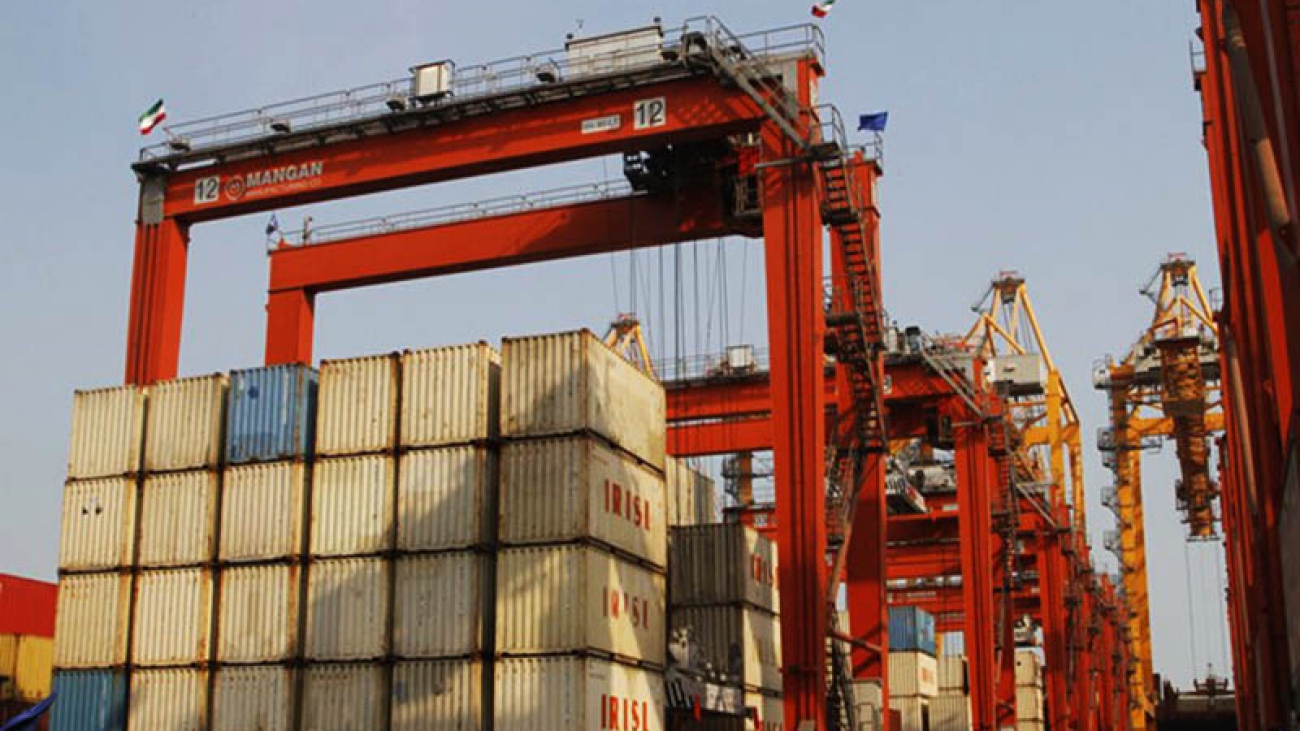

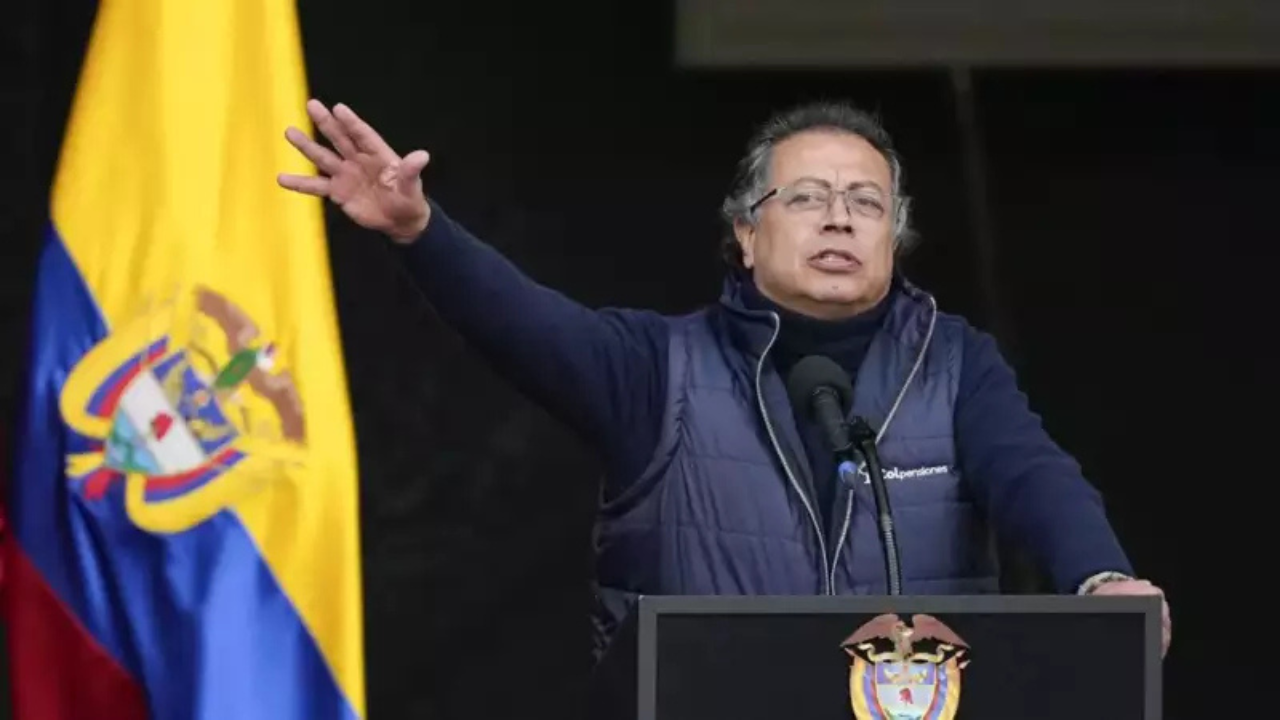





 English (US)
English (US)